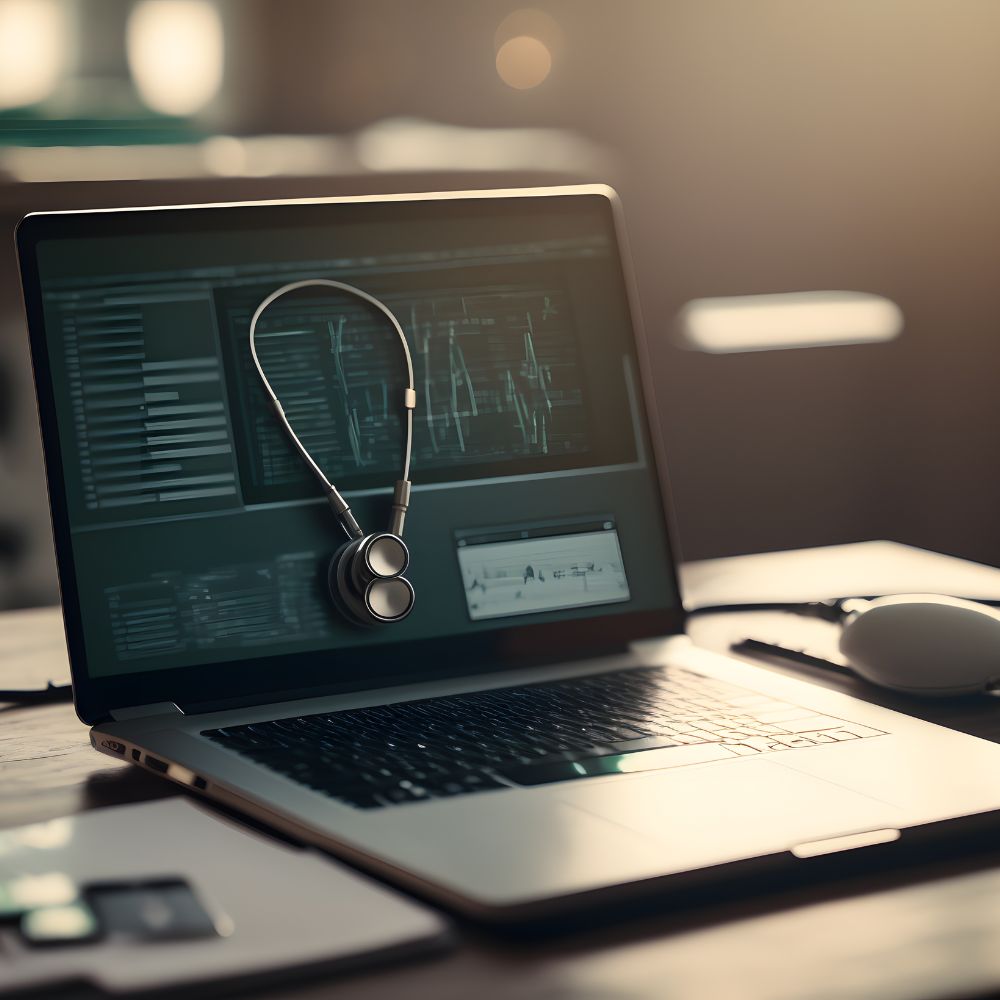The cost of deception: Healthcare fraud and the burden of medical ID misplace

Healthcare fraud is a significant issue that impacts individuals, healthcare providers, insurers, and government agencies. One of the most prevalent forms of healthcare fraud is medical identity theft, where someone steals personal information to receive medical services, prescription drugs, or file false insurance claims. This deceptive practice not only affects the financial stability of healthcare systems but also puts individuals at risk of receiving improper medical treatment and jeopardizes their privacy. Let's explore the impact of healthcare fraud and the burden of medical ID theft on individuals and the healthcare industry.
Financial Impact
Healthcare fraud, including medical ID theft, costs the industry billions of dollars annually. Fraudulent claims and services inflate healthcare costs for individuals, employers, insurers, and government programs such as Medicare and Medicaid. The financial burden of healthcare fraud is ultimately borne by everyone through increased insurance premiums, taxes, and out-of-pocket expenses.
Legal Consequences
Healthcare fraud is illegal and can result in severe penalties for individuals and organizations involved. Those caught engaging in healthcare fraud, including medical ID theft, may face criminal charges, fines, and imprisonment. Healthcare providers found guilty of fraud may also lose their license to practice, leading to a loss of livelihood and reputation.
Impact on Quality of Care
Medical ID theft can have serious consequences for individuals' health and well-being. When someone uses a stolen identity to receive medical services, their medical records may become compromised. This can lead to errors in diagnosis, treatment, and medication, potentially putting the individual's health at risk. Additionally, fraudulent claims and services can divert resources away from legitimate patients, impacting the quality and availability of healthcare services.
Privacy Concerns
Medical ID theft not only exposes individuals to financial and health risks but also violates their privacy. Stolen medical identities can be used to access sensitive medical information, leading to breaches of confidentiality. This can result in embarrassment, discrimination, and emotional distress for the individual whose identity was stolen.
Prevention and Detection Efforts
Healthcare organizations and government agencies are implementing various measures to prevent and detect healthcare fraud, including medical ID theft. These efforts include implementing electronic health records (EHRs) with stringent security measures, conducting regular audits and reviews of billing practices, and educating patients about protecting their medical information. Additionally, advanced technologies such as biometric authentication and blockchain are being explored to enhance security and prevent fraud in healthcare.
Consumer Education and Awareness
One of the most effective ways to combat medical ID theft is through consumer education and awareness. Individuals should be vigilant about protecting their personal and medical information, including safeguarding their insurance cards and monitoring their medical bills and Explanation of Benefits (EOB) statements for any unauthorized charges. Reporting any suspicious activity to healthcare providers, insurers, or law enforcement can help prevent further fraud and protect others from falling victim.
Collaborative Efforts
Addressing healthcare fraud, including medical ID theft, requires collaborative efforts from all stakeholders. Healthcare providers, insurers, government agencies, and consumers must work together to identify, prevent, and report fraudulent activities. By sharing information and best practices, the healthcare industry can better protect individuals' health and financial well-being.
Healthcare fraud, particularly medical ID theft, poses significant challenges for individuals and the healthcare industry. The financial, legal, and health consequences of healthcare fraud highlight the importance of implementing robust security measures, raising awareness, and promoting collaboration among stakeholders. By taking proactive steps to prevent and detect healthcare fraud, we can safeguard the integrity of our healthcare system and protect the well-being of individuals.






